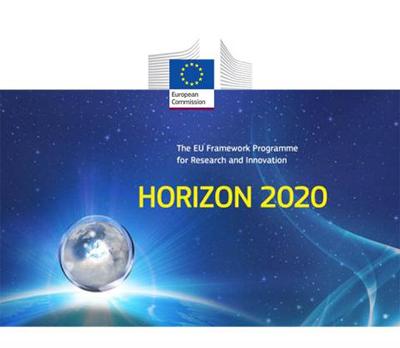Medical Devices and Vulnerable SkinPLUS and Skin Health Research Group Announces an EU H2020-MSCA: ITN STINTS Award

We are delighted to announce that Professors Dan Bader and Lisette Schoonhoven were successful in a consortium involving six European Universities and three industrial partners, including Philips Consumer Lifestyle and Unilever, in an EU H2020-MSCA Integrated Training Network (ITN) entitled “Skin Tissue INTegrity under Shear (STINTS)”.
The total award exceeds Euros 3 million. In January 2019, two Early Stage Researchers registered at Southampton will be appointed to develop robust biomarkers for the identification of early stage skin damage and tested on a number of cohorts of able-bodied and vulnerable populations.
This activity complements developments in EPSRC-funded NetworkPlus “Medical Devices and Vulnerable Skin” and constitutes a critical focus of the Skin Health research group.
As part of the ITN there will be a significant number of joint activities hosted in Southampton over the 48 month period that local clinical and academic colleagues will be invited to attend.
Notes for editors
The Innovative Training Networks (ITN) aim to train a new generation of creative, entrepreneurial and innovative early-stage researchers, able to face current and future challenges and to convert knowledge and ideas into products and services for economic and social benefit.
ITN supports competitively selected joint research training and/or doctoral programmes, implemented by partnerships of universities, research institutions, research infrastructures, businesses, SMEs, and other socio-economic actors from different countries across Europe and beyond.
Each programme should have a clearly identified supervisory board co-ordinating network-wide training and establishing active and continuous communication and exchange of best practice among the partners to maximise the benefits of the partnership.
The programme should exploit complementary competences of the participants, and enable networking activities, the organisation of workshops and conferences to facilitate sharing of knowledge,